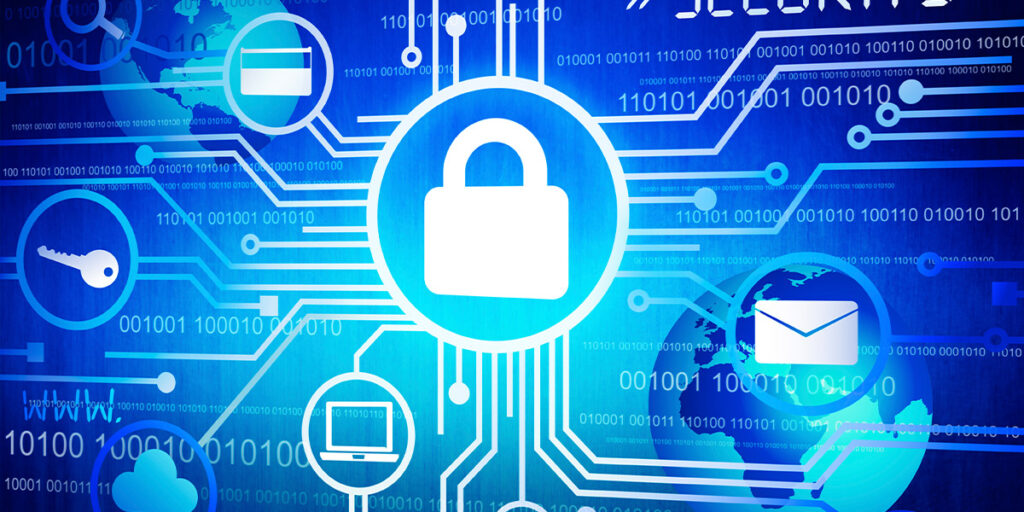Written by: Alex Gothard, CISA
In today’s digital age, protecting sensitive information is vital. Enter ISO 27001, a globally recognized security framework that assesses how well organizations safeguard their data. But what exactly is ISO 27001, and why should businesses consider getting certified?
Understanding ISO 27001 Certification:
ISO 27001 was developed by the International Organization for Standardization (ISO) and the International Electrotechnical Commission (IEC) to help businesses design secure systems and demonstrate their commitment to information security. At its core, ISO 27001 focuses on ensuring organizations have strong Information Security Management Systems (ISMS) in place – essentially, a set of policies and procedures outlining how data is protected.
To get certified, organizations undergo an audit to confirm compliance with ISO 27001’s requirements and address potential risks to their systems. While there are 10 clauses and 114 controls within the standard, businesses don’t need to implement every control to get certified – they simply need to meet the required clauses.
Who Needs ISO 27001?
ISO 27001 certification isn’t legally required, but it can be an important safeguard for businesses, especially those handling customer data. Customers often look for ISO 27001 certification as assurance that their data will be protected. This is particularly common in industries like information technology, healthcare, finance, consulting, and telecom.
If your business operates internationally or deals with clients outside of North America, ISO 27001 certification may be particularly important, as it’s recognized globally.
Benefits of ISO 27001 Compliance:
Obtaining ISO 27001 certification offers several benefits. For businesses, it can help position them as more trustworthy and competitive, protect their intellectual property and brand reputation, retain customers, and save time and money with more efficient processes. Customers, on the other hand, benefit from knowing their data is safe, reducing the risk of data breaches, streamlining vendor onboarding, and meeting their own regulatory commitments.
Selecting an ISO Auditor
When selecting an ISO auditor, it’s essential to consider several factors to ensure the best fit for your organization. Firstly, look for auditors with relevant experience and expertise in your industry or sector to ensure they understand your specific needs and challenges. Secondly, consider their approach to auditing – are they collaborative and supportive, or rigid and transactional? A good auditor should be a partner, offering guidance and advice throughout the process. Additionally, check their track record and reputation within the industry. Reading reviews and asking for references can provide valuable insights into their past performance and client satisfaction. Finally, consider logistics such as location, availability, and cost to ensure a smooth and efficient auditing process. By carefully considering these factors, you can select an ISO auditor who not only meets your certification needs but also supports your organization’s long-term success.
ISO 27001 certification is a valuable asset for businesses looking to demonstrate their commitment to data security. With the guidance of a reputable auditor like Hancock Askew, organizations can navigate the certification process with confidence, safeguarding their data and enhancing their reputation in an increasingly digital world.




